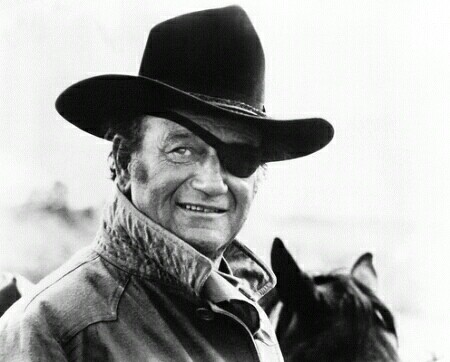“Sometimes the right path is not the easiest one.”
—Grandmother Willow, in Disney’s Pocahontas

Image from The Disney Diva
Take a few minutes to go back in time to your high school and college years.
Identify the teacher and the course that made the biggest difference.
I’ll bet that in many cases the lessons learned or the impact gained still influences your life today.
What was the level of effort required to excel and achieve the benefits?
How significantly were you challenged to go beyond the path of least resistance and conventional thinking, to reap the reward you experience to this day?
EXERCISE:
Where in your personal or professional world are you taking the easy path that just doesn’t feel right?
Where would summoning your courage, boldness, persistence, and tenacity on a path you know is right make all the difference to your future success and happiness?











